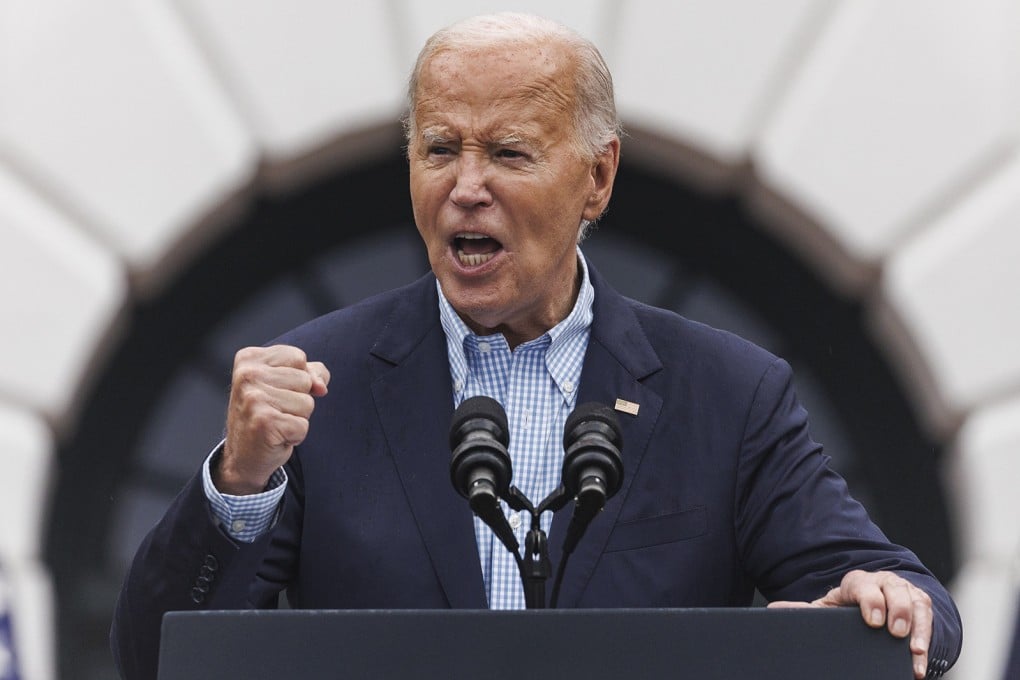Advertisement
Opinion | US practice of divide and rule could be the ruin of us all
- It means market fragmentation, economic destruction, social upheaval and loss of lives. In a fractured world today, it could trigger another world war
Reading Time:3 minutes
Why you can trust SCMP
9

Since ancient times, divide and rule has been a favoured strategy for gaining and staying in power. Philip II of Macedon, father of Alexander the Great, is said to have conquered most of Classical Greece by playing the city states against each other using diplomacy, marriage and military power. To control India, British colonists promoted divisions between the religious groups and castes.
Advertisement
Today, divide and rule is practically Washington’s badge when it comes to international relations. As Malaysia’s former prime minister Mahathir Mohamad put it: “The US is fond of having countries opposing each other.” Indeed, Washington appears to have a penchant for encouraging discord in and between countries.
Politically, the Biden administration has classified countries in the world as democracies vs non-democracies based on its own criteria. This “us vs them” approach of favouring some countries and ostracising others works to stoke ideological confrontation – the effect is to drive a wedge among countries that have otherwise enjoyed cordial ties, such as among the Association of Southeast Asian Nations (Asean).
Economically, Washington is pushing hard for decoupling, setting up exclusive trading blocs like the “Chip 4” semiconductor alliance (with Taiwan, Japan and South Korea), and restructuring global supply chains that had otherwise served businesses reasonably well.
Militarily, the Biden administration takes pains to build alliances. It supported Nato’s expansion, strengthened both the “Five Eyes” intelligence-sharing alliance (with Britain, Canada, Australia and New Zealand) and the Quadrilateral Security Dialogue (with Australia, India and Japan), and created the Aukus pact (with Australia and Britain), in what looks like a Cold War throwback.
Advertisement
Washington has accused China of propping up Russia’s defence industry, in an apparent bid to drive a wedge between China and Europe, and pushed Nato to label China “a decisive enabler of Russia’s war against Ukraine”.

Advertisement
